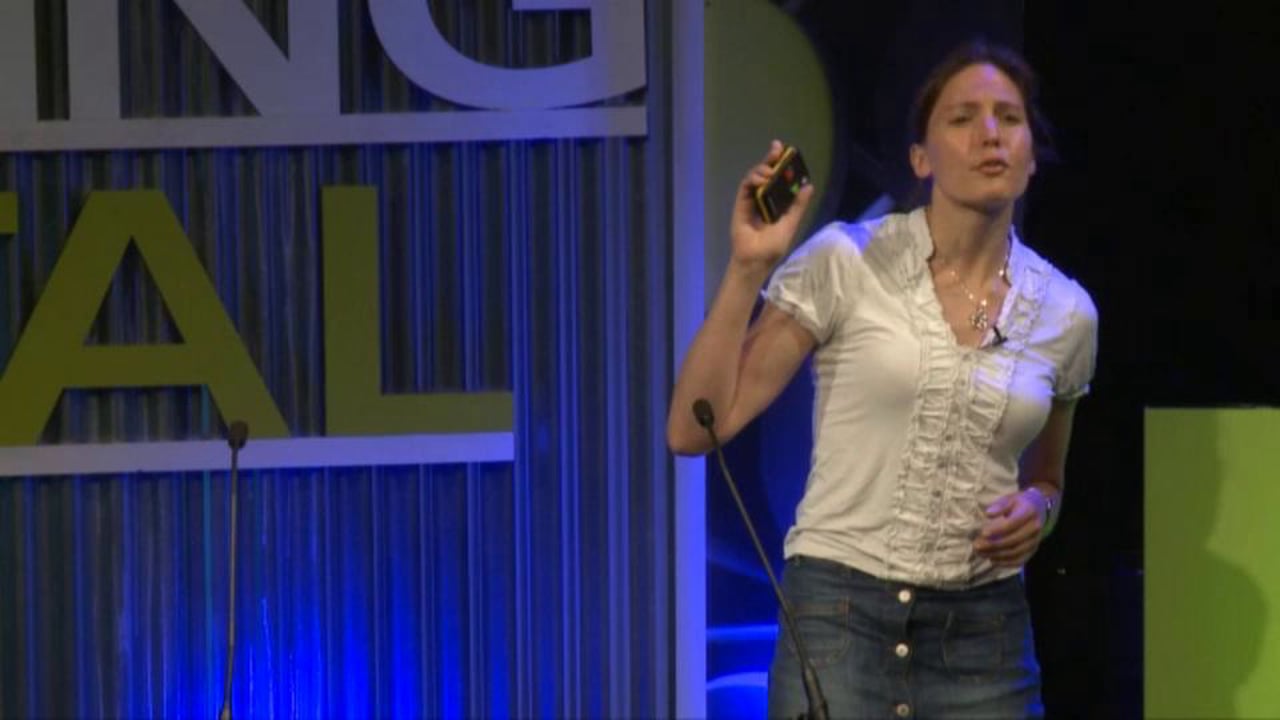LISTEN TO TLR’S LATEST PODCAST:
By Andrew Follet
Academia needs to be a lot more humble if it wants to keep the trust of society, according to a British physicist.
The physicist believes that the ever-increasing complexity of science has become difficult to explain to the general public, meaning that scientists have to be trustworthy enough for the public to believe interpretations on faith and institutional trust. The best way to do this is for scientists to clean up their own act.
“Academia shouldn’t try to tell society how to run itself, but it provides vital fodder for the discussion,” Dr. Helen Czerski, a physicist in University College London, wrote Friday in The Guardian. “And it is academia itself which must take on the responsibility of demonstrating why this matters. No-one is going to do it for us. To the scientists, I say: our connection to society is not about them. It’s about us. All of us.”
Czerski argues that scientists are increasingly losing the public’s trust and support, and need to improve their own methods to show the public they can be relied upon.
“Self-scrutiny is hard, but a crisis is looming and we scientists need to get out the mirror,” Czerski concludes. “Improving public trust in science and expertise has just as much to do with changing us as with changing them.”
Much of science itself is currently going through a crisis where many published research findings cannot be replicated for various reasons. Such a replication crisis could make it far harder for the general public to trust the opinions of scientists.
“Much of the scientific literature, perhaps half, may simply be untrue,” Richard Horton, editor of the peer-reviewed medical journal The Lancet, wrote in a study published last April. “Afflicted by studies with small sample sizes, tiny effects, invalid exploratory analyses, and flagrant conflicts of interest, together with an obsession for pursuing fashionable trends of dubious importance, science has taken a turn towards darkness.”
Government funding of research produces enormous financial incentives for scientists to engage in dubious laboratory research. Academics are under serious financial pressure to rapidly and continually publish research to sustain or further their careers, even if the research is essentially useless or misleading. Even major scientific journals like Nature are asking “Is Science Broken?”
“Over the last 50 years, we argue that incentives for academic scientists have become increasingly perverse in terms of competition for research funding, development of quantitative metrics to measure performance, and a changing business model for higher education itself,” Marc Edwards and Siddhartha Roy, researchers at Virginia Tech, wrote in a study published in September.
Due to this monopoly, scientists also have a huge incentive to tweak, or outright fake, statistical analyses to make results seem significant or to align with government priorities. A growing number of scientists have noticed the wave of retractions, especially among social scientists. Polling indicates that such consequences are causing science itself to become less trusted.
Another study found that 34 percent of researchers self-report that they have engaged in “questionable research practices,” including “dropping data points on a gut feeling” and “changing the design, methodology, and results of a study in response to pressures from a funding source,” whereas 72 percent of those surveyed knew of colleagues who had done so. Virginia Tech researchers note that the National Science Foundation estimates that research misconduct creates over $110 million in annual costs.
As a result of these problems, researchers have a documented tendency to find evidence of phenomena they happen to believe in and to reject observations that are unpopular with federal funders. In a survey of 2,000 research psychologists conducted in 2011, over half admitted they selectively reported experiments, which gave the result they were after.




1 comment
… [Trackback]
[…] Find More Information here on that Topic: thelibertarianrepublic.com/physicist-academia-shouldnt-tell-society-run-wants-trust/ […]